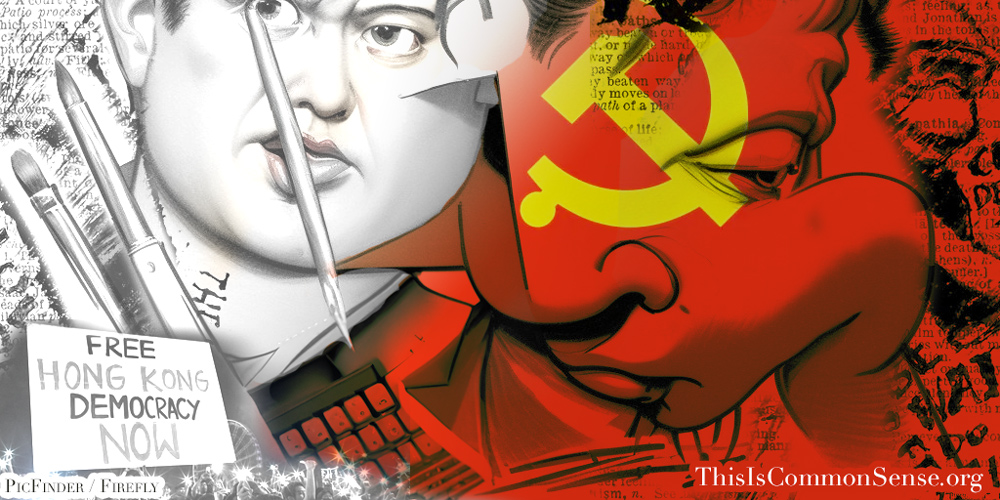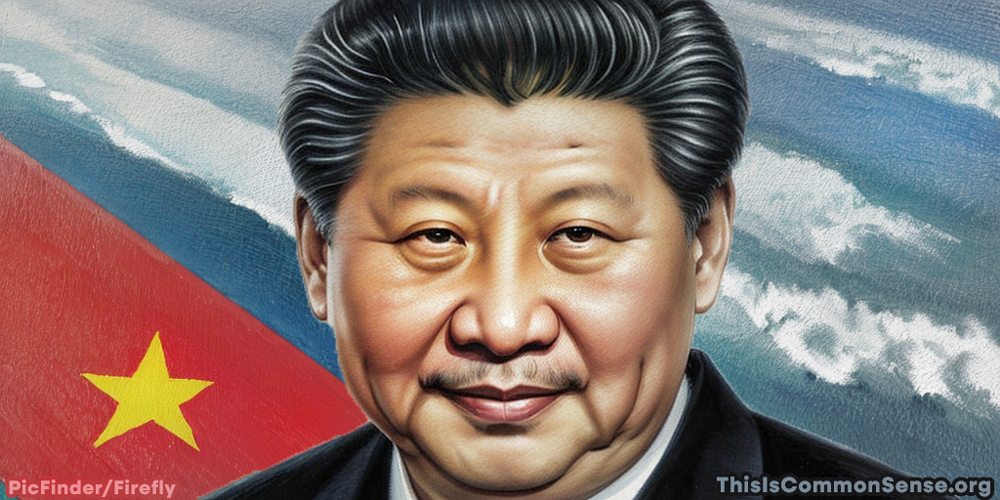“There is no ‘red line,’” says an anonymous thirty-something Hong Kong humanities professor. “If they want to come after you, everything can be used as an excuse.”
Grace Tsoi, writing for the BBC, shows what happens when political correctness returns to its roots in totalitarianism. As it has in Hong Kong, in the “People’s [sic] Republic [sic] of China [sick].” The young academic Ms. Tsoi is quoting elaborated the situation: “He says his nightmare is being named and attacked by Beijing-backed media, which could cost him his job, or worse, his freedom.”
Political correctness can cause academics in America their jobs, of course. But as relentless as our woke media and online mobs may be to “de-platform” people they disagree with, it’s harder to go all the way.
Under a totalitarian state, it’s easier to be more thorough.
That’s why totalitarianism is the modish form of tyranny that tyrants aspire towards.
More power.
“In the academic year 2021/22, more than 360 scholars left Hong Kong’s eight public universities,” Ms. Tsoi explains. “The turnover rate — 7.4% — is the highest since 1997, when Hong Kong returned to Chinese rule, according to official data. Foreign student enrolments have dropped by 13% since 2019.”
The chilling effect is arctic. Self-censorship has become the rule, in advance of expected censure, censorship, or worse. Hong Kong academics blame all this on 2020’s National Security Law, which “targets any behaviour deemed secessionist or subversive, allowing authorities to target activists and ordinary citizens alike.”
It’s worth remembering that while “secession” is a dirty word for the powerful, and subversion the enemy of all, it does depend on context: secession from a tyrannical state is liberation; subversion of an unjust system is justice.
This is Common Sense. I’m Paul Jacob.
Illustration created with PicFinder and Firefly
—
See all recent commentary
(simplified and organized)





